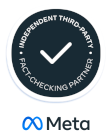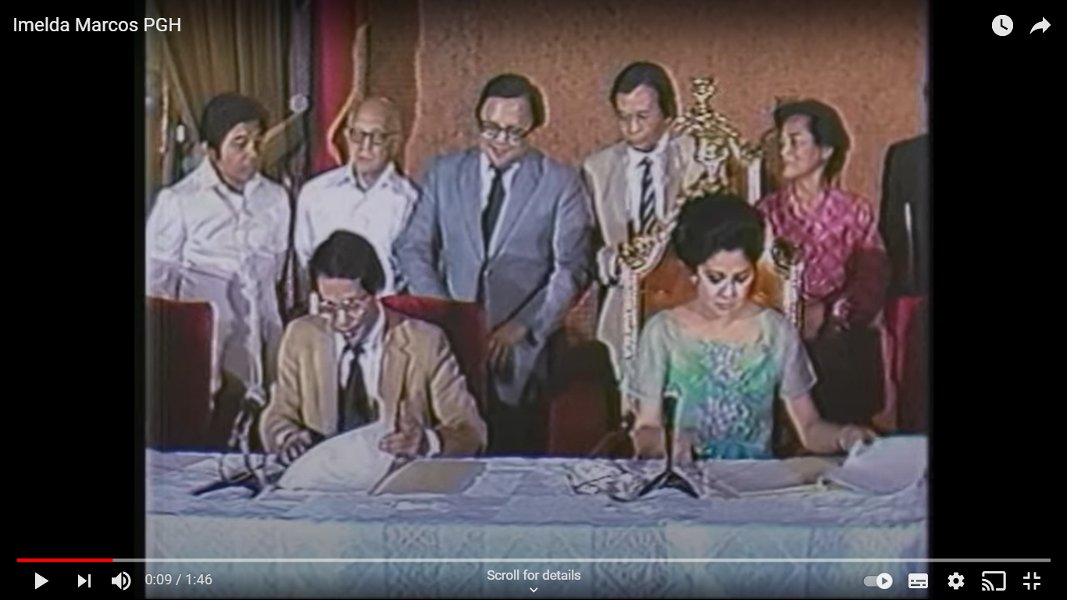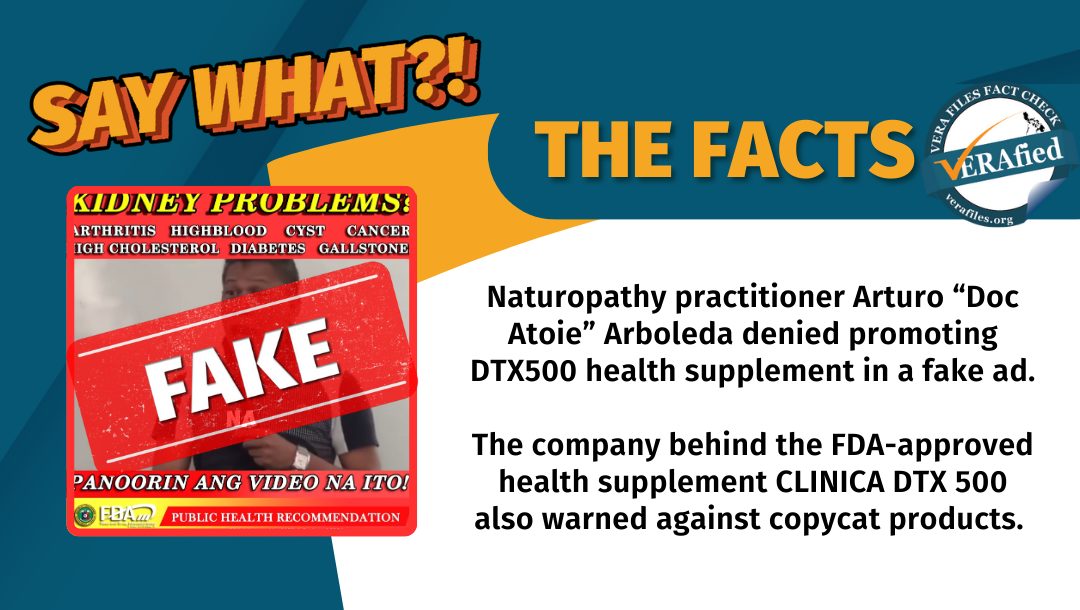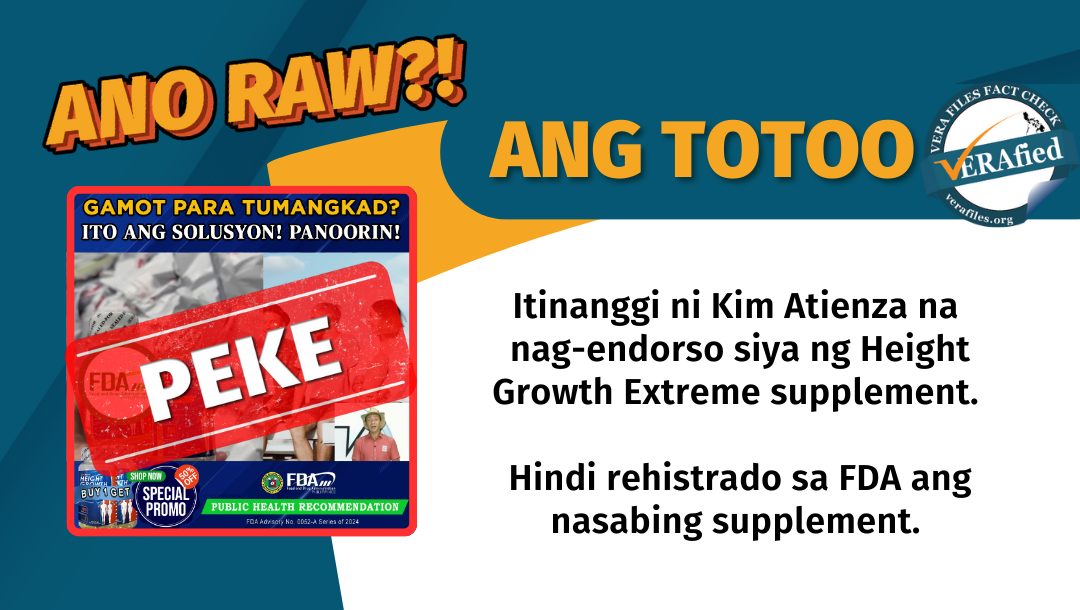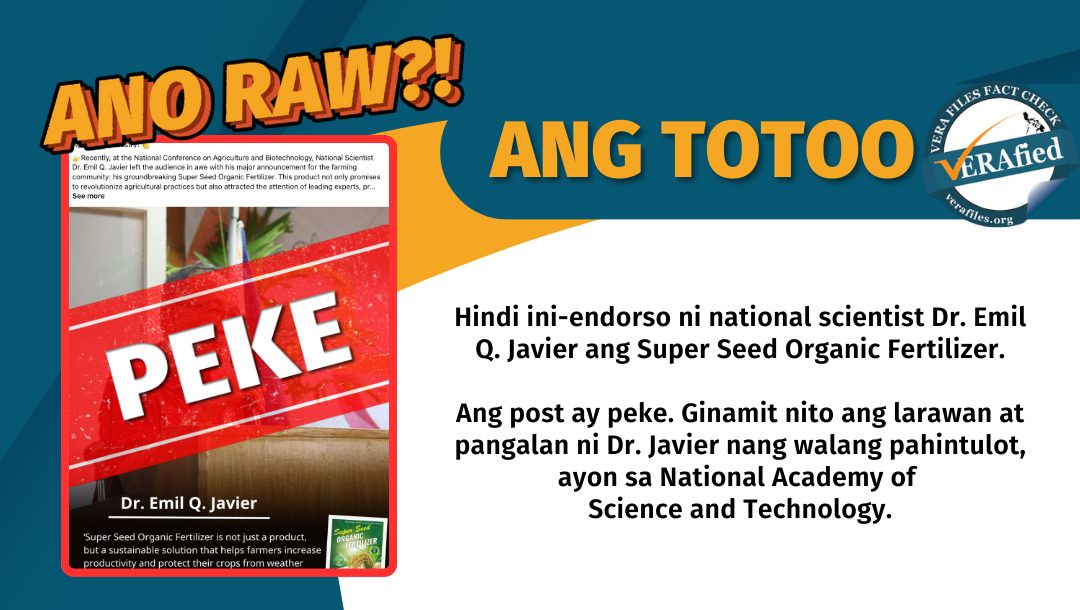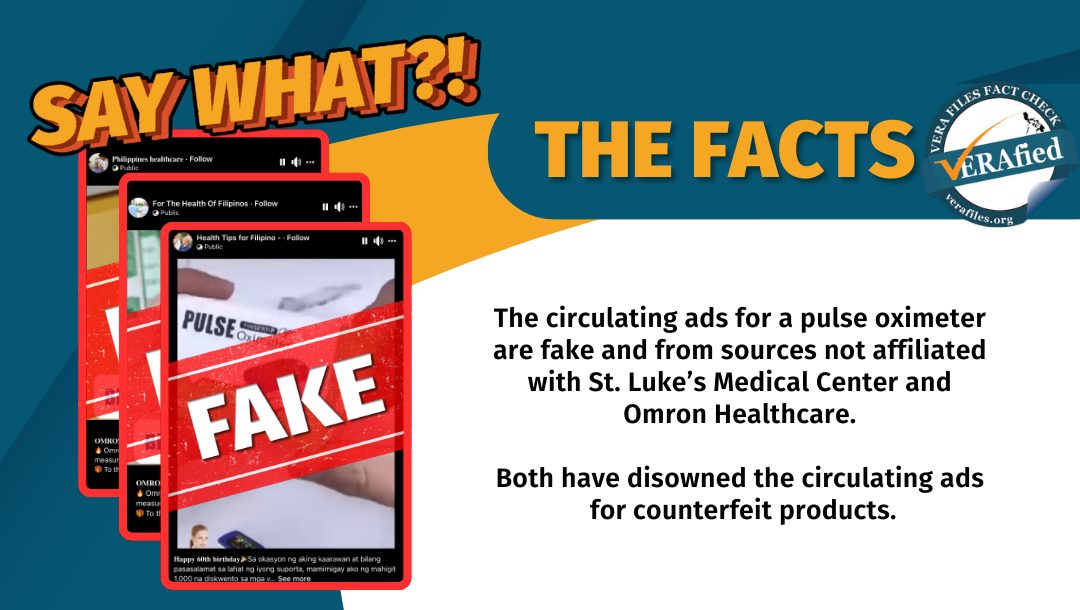Another fake Facebook (FB) ad about bee venom cream is being circulated on Facebook (FB), this time claiming that the ointment was made by the University of the Philippines – Philippine General Hospital (UP-PGH) and endorsed by a certain Renato “Waterdok” Paragas.
The claim is “fake news”, UP-PGH’s coordinator for public affairs Jose Jonas Del Rosario told VERA Files Fact Check in an Oct. 7 Viber message.
An impostor FB page Philippine General Hospital – + Eliminate Concerns About Bones and Joints posted the scam on Sept. 25, and used the logo of UP Manila as its profile picture.
The official FB account of PGH is https://www.facebook.com/philippinegeneralhospitalofficial.
Meanwhile, Paragas, a content creator and a distributor of a mineral supplement, has also denied endorsing the product.
“I do not work at PGH & do NOT endorse BEE VENOM CREAM,” he said in a Sept. 26 FB post.

To appear more convincing, the fake ad used a digitally-edited version of a YouTube Short dated Nov. 6, 2023 where Paragas talked about astigmatism.
Before buying a product online, make sure it’s not a scam. A combination of claims like a product being “all-natural” and able to resolve several health issues, and the seller offering discounts, are all red flags for scams. Watch our video to avoid falling for fake ads.
For this bee venom cream ad, the PGH impostor offered a “limited-time” discount of 70% and claimed the cream can relieve arthritis pain, eliminate gout, cysts and edema, and improve joint elasticity – all without side effects.
There are no records of the product in the Food and Drug Administration’s verification portal, which means it has not undergone official testing for safety and quality.
Last month, VERA Files Fact Check flagged another fraudulent ad for bee venom cream.
The circulating scam garnered over 35 million views on FB, 23,160 reactions and 3,465 comments. It appeared two days after the Philippine Rheumatology Association said it would provide free essential medicines to around 200 patients suffering from gout.

